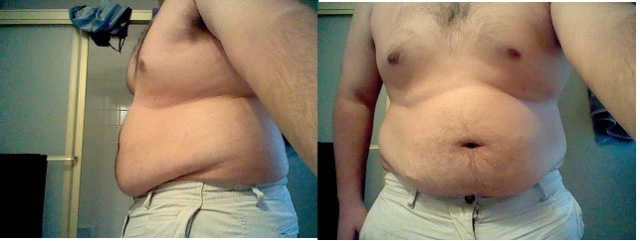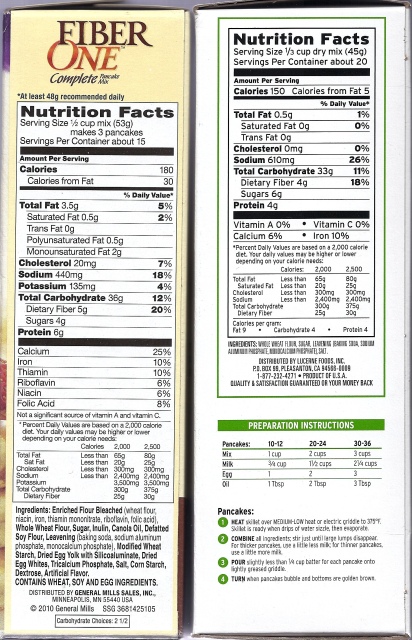Metabolism during Starvation
Question
George:
Your recent answer to a question on this topic puzzles me. Ketones are definitely a by-product of FAT metabolism, which is why those on the Atkins diet can use their urinary ketone measurements as a yardstick for how effectively they have shifted their metabolism toward fat-burning. Additionally, I can provide you easily a dozen reputable peer-reviewed articles that uniformly show that during starvation, in humans as well as in other species, there is a greater percentage of fat loss compared to muscle loss. If you indeed have citations that state the opposite, please give them to me, or at least explain how one of us must be misconstruing the question. The same goes for the statement about ketone formation being predominantly a manifestation of protein catabolism.
Thank you.
Francis M. Siri, Ph.D
Hello Francis!
Thank you for your nutrition question. The topics of fat metabolism, starvation mode and the Atkins diet are very controversial so I can understand why my answer might seem puzzling.
Many nutrition experts disagree with the basic premise of the Atkins Diet梩he notion that high-carbohydrate, low-fat diets cause obesity. For evidence of the implausibility of the Atkins Diet, some nutritionists point out that the traditional Japanese diet is very high in carbohydrates, low in protein, and very low in fat; however, before the introduction of high-fat and high-protein Western foods, being overweight was rare in Japan. Such findings make sense because ounce for ounce, carbohydrates contain far fewer calories than do fats. These critics blame the overconsumption of calories (from any source) and lack of physical activity as the primary causes of obesity.
In addition, the starvation mode mechanism, which is thought to have evolved as a defence against starvation, means the body becomes super efficient at making the most of the calories it does get from food and drink. The main way it does this is to protect it's fat stores and instead use lean tissue or muscle to provide it with some of the calories it needs to keep functioning. This directly leads to a loss of muscle, which in turn lowers metabolism so that the body needs fewer calories to keep ticking over and weight loss slows down. Hope this helps. Let me know if you have further questions.
-George
Related Articles
-
Digestion
QuestionHello and thank you for taking your time to answer my que
-
Losing Weight in H.S.
QuestionHi. I am 17 years old and a senior in high school. I have
-
Binge Eating Disorder
QuestionI just finished bingeing... and feel extremely sick. &nbs
-
Calories eaten & burned
QuestionQUESTION: Hi Laurie, Im 54, male, 6 feet, 234 pounds. Try
-
Dicolouration of Urine to Dark Brown
QuestionHi there please help. Im on a diet at the moment th
-
Hello! I have a couple of...
QuestionHello! I have a couple of questions. My family and I have




